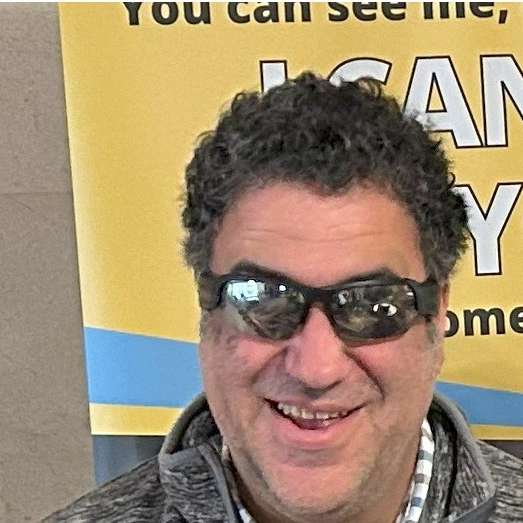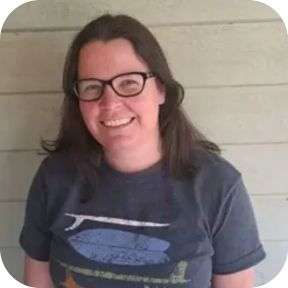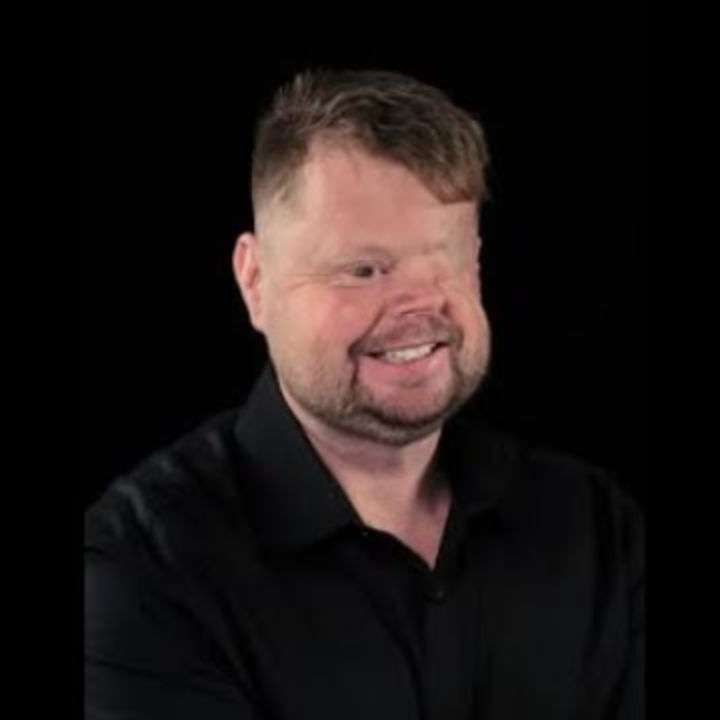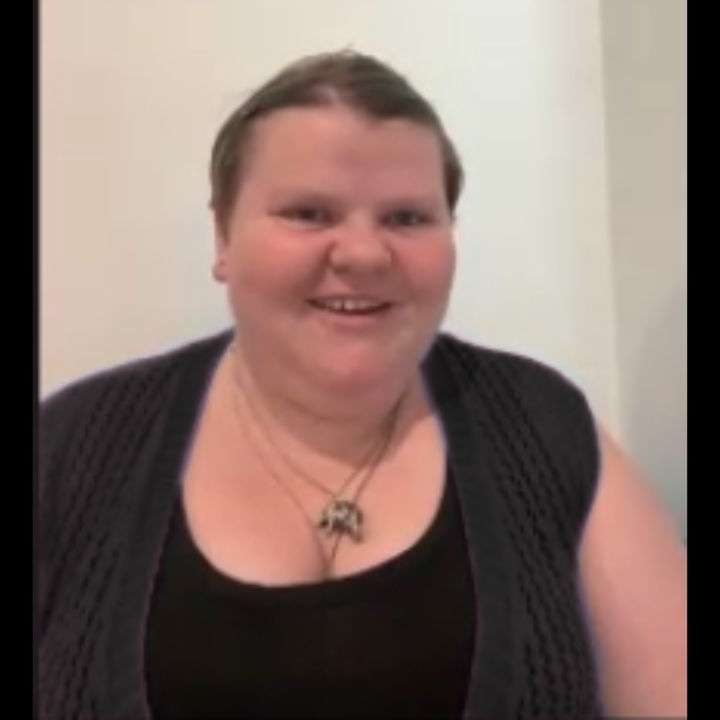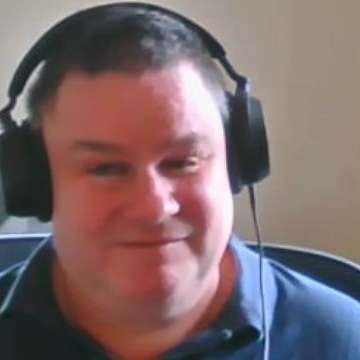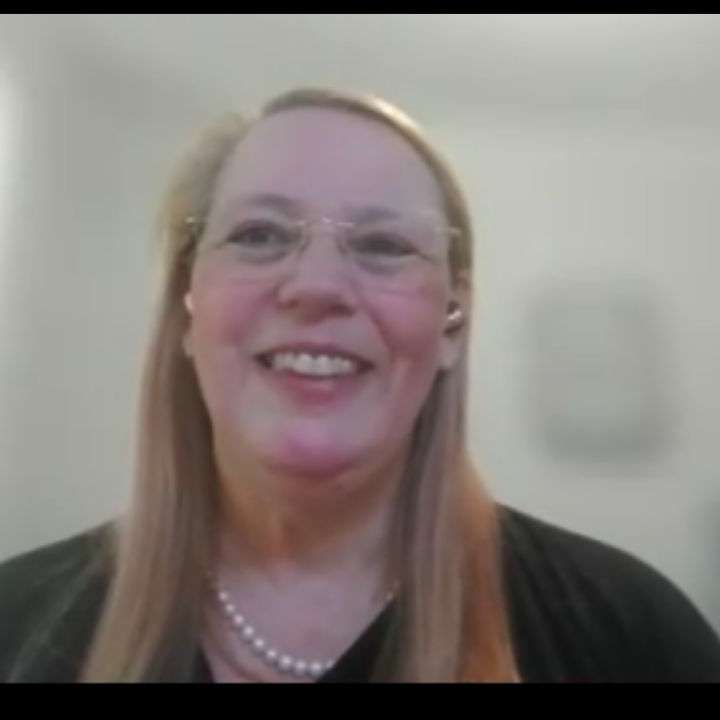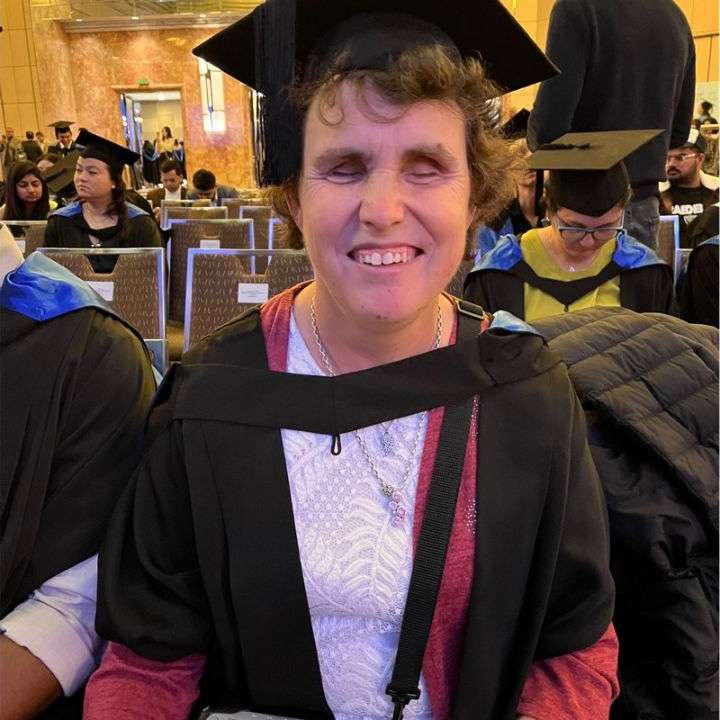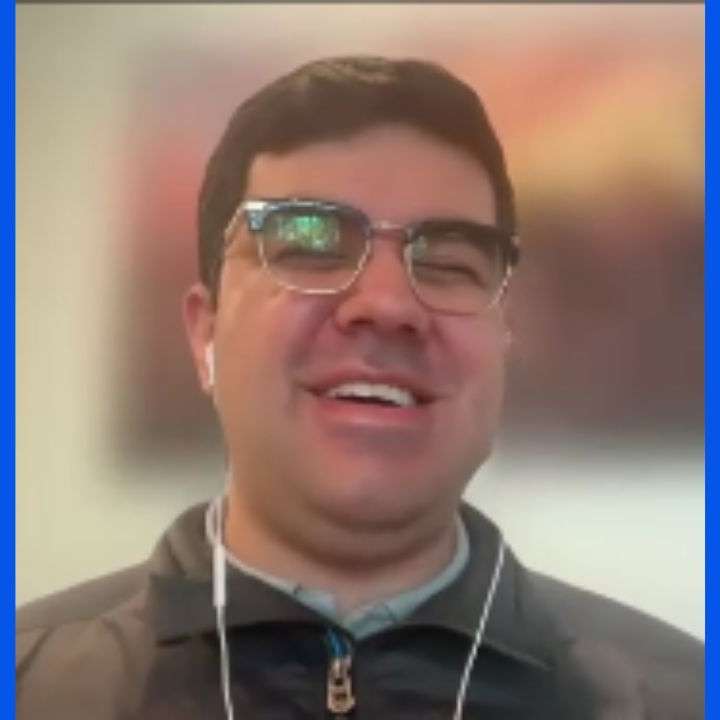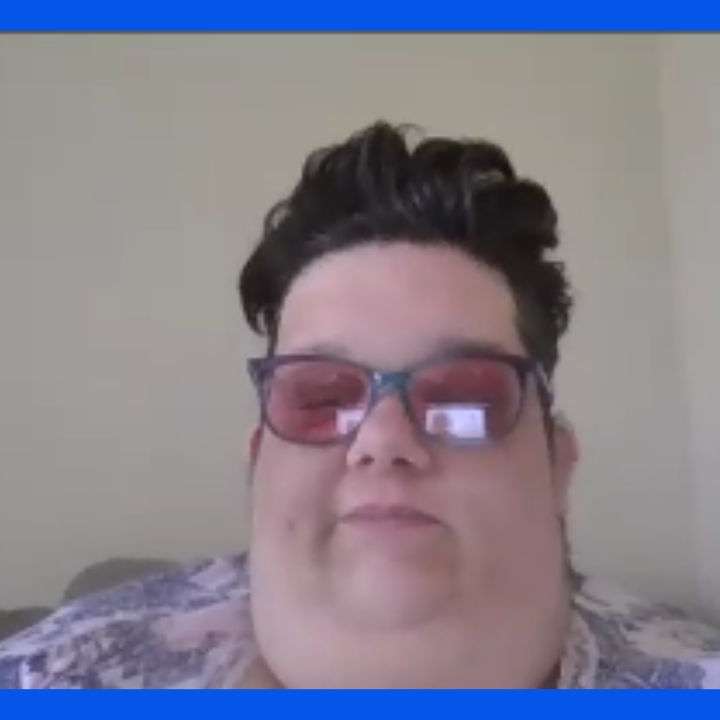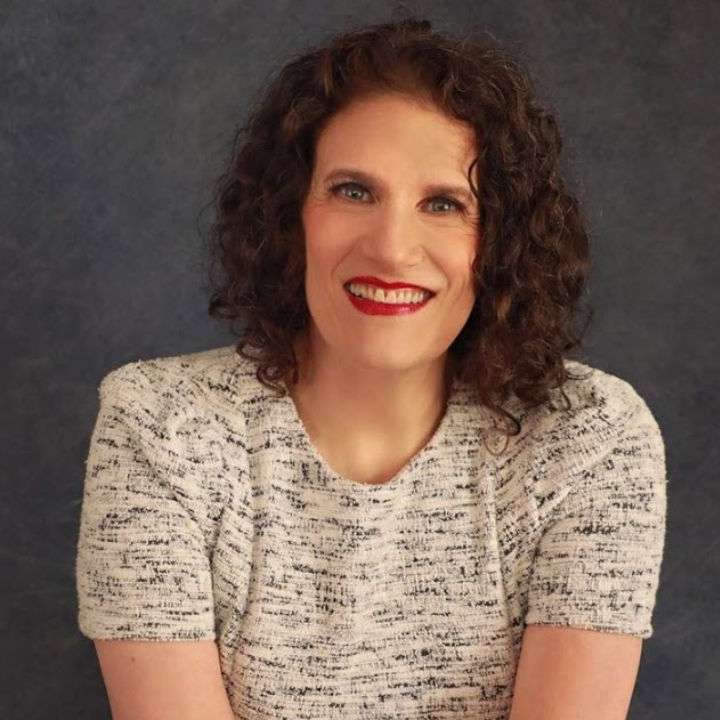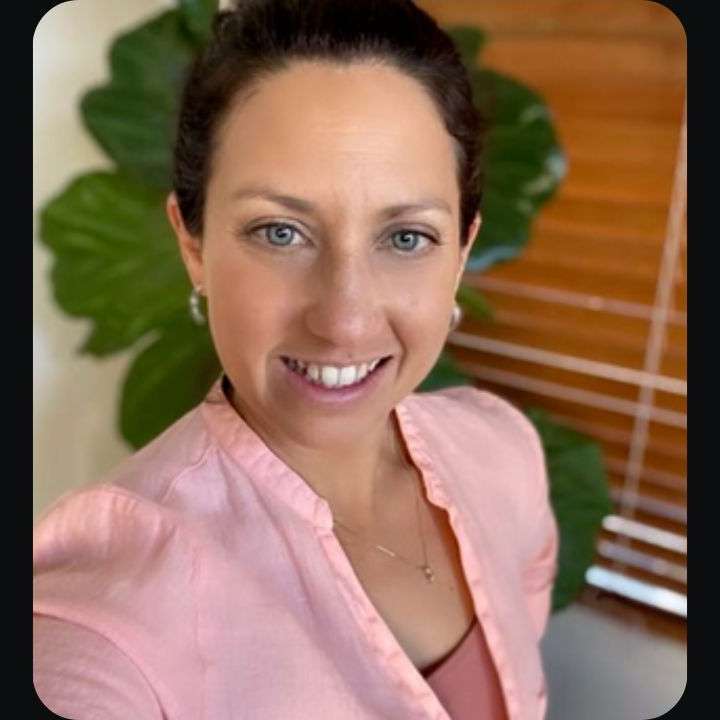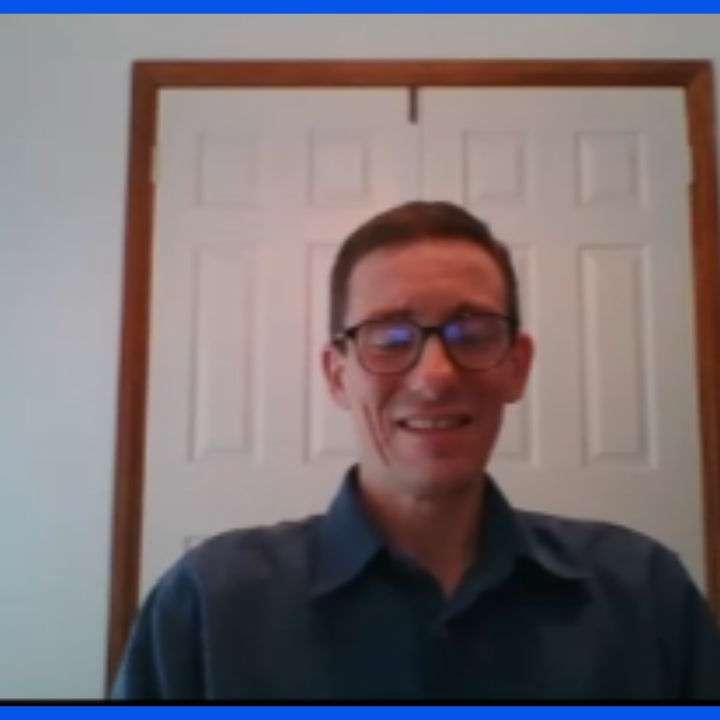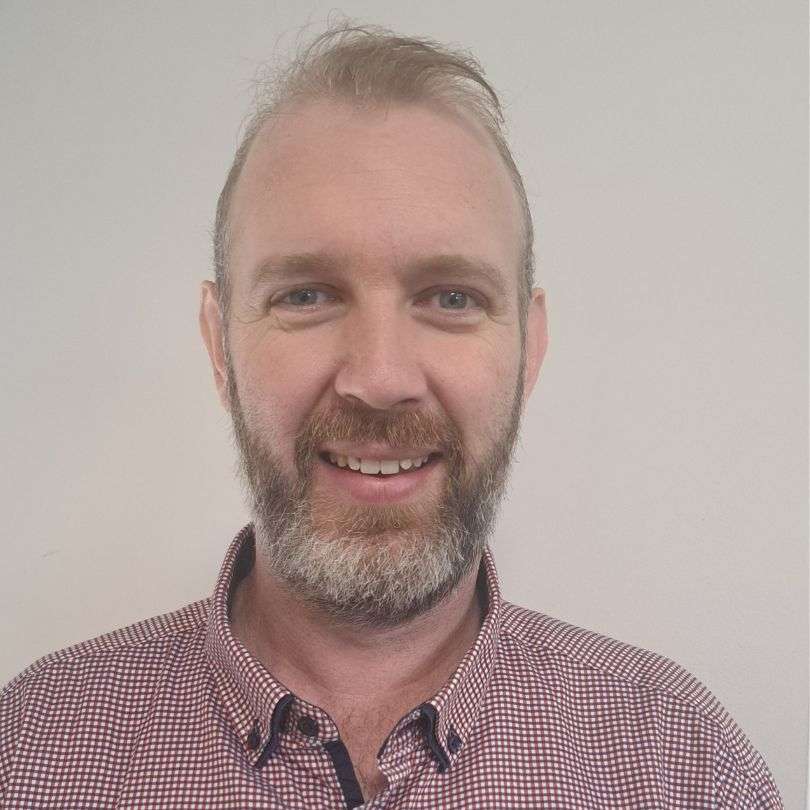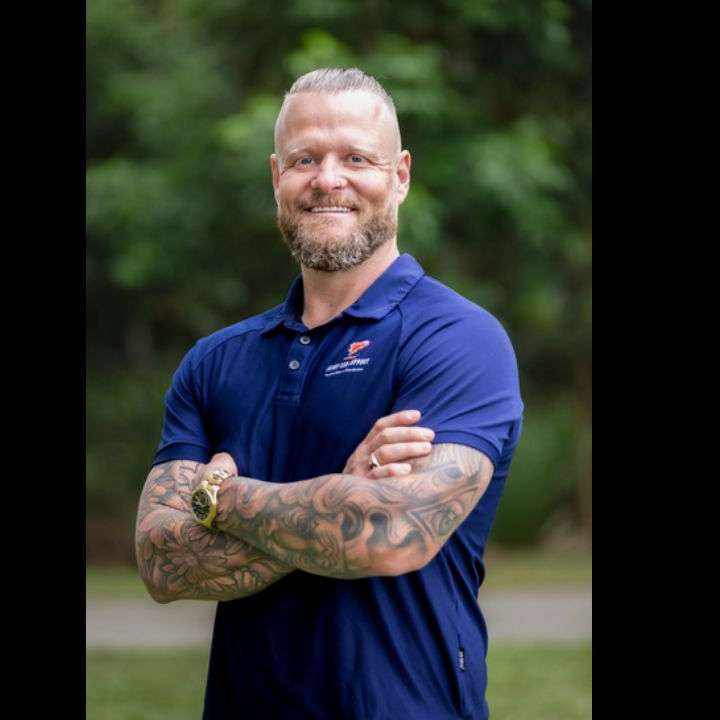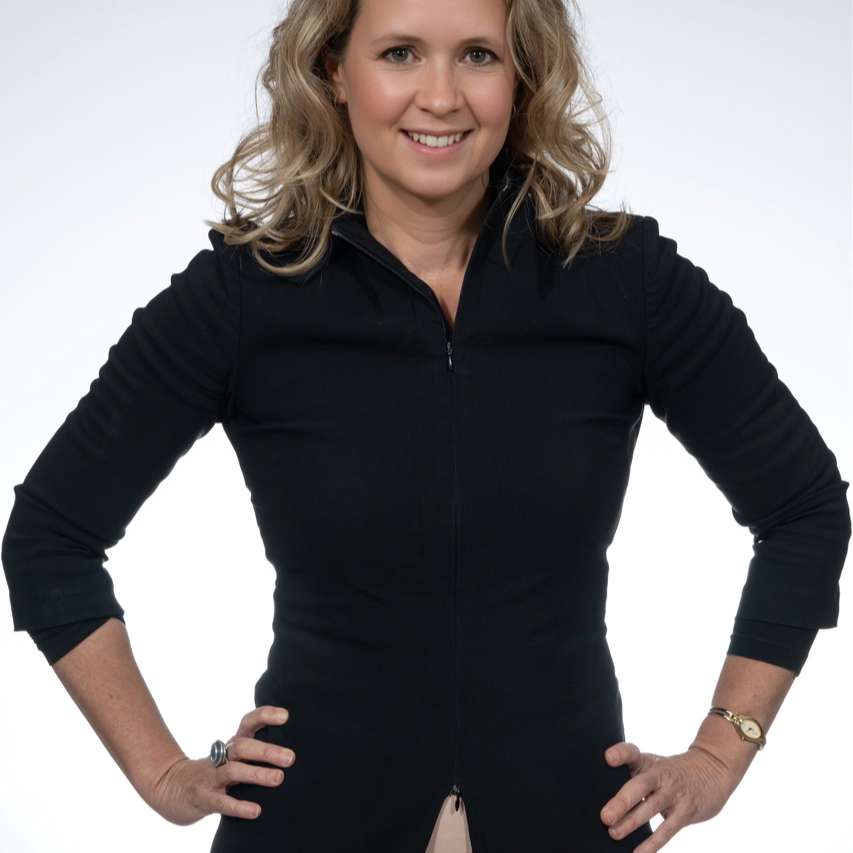Discover The Digital Access Show
The Digital Access Show

The Digital Access Show
Author: Narelle Gatti
Subscribed: 0Played: 0Subscribe
Share
© Copyright 2023 Digital Access Solutions and Assistive Technology Pty ltd
Description
Welcome to the Digital Access Show. We meet with everyone to discuss everything related to digital accessibility. What is it. How do you implement it and who does it benefit.
99 Episodes
Reverse
Episode Notes
Explore how screen readers and braille devices help people with blindness or low vision access digital content. Narelle chats with Mark Muscat from Digital Access Solutions about accessibility tools, common barriers, and why inclusive design is essential for every website and app.
Episode Notes
Digital accessibility starts with mindset, not technology.
In the Season 3 opener of The Digital Access Show, host Narelle Wright (DASAT) speaks with Kim Amor from KN Website Design about why accessibility is still being missed — and how education, not effort, is the biggest barrier.
The conversation explores how accessibility and SEO work together, challenges the myth of “I don’t have clients with disability”, and explains why accessible digital communication improves outcomes for everyone.
Topics covered:
Mindset as the foundation for accessibility
Accessibility and SEO alignment
Why are only around 4% of websites are accessible
Education gaps in web design and development
Risks of DIY and AI-generated websites
Episode Notes
Craig Shanahan has made a habit of turning a negative into a positive. As the Blind Chef, Craig worked out how to open a cafe that was to become the go to in the area. Why? Craig gives the answers in t his episode.
Episode Notes
Voting is a mandatory requirement in Australia. Every person also has the right to vote without letting others know who you vote for. However, when you have a disability such as low or no vision, it can be hard to vote
Luna Rose has no vision. Ever wonder how she votes and what are the barriers that she has to voting?
Episode Notes
Paul Price is a sound engineer with Reading Radio. He has lived with disability all his life. What has Paul had to do to try to get access to information? How does it make a person feel when, to access information, they have to take the extra measures that Paul had to do?
Episode Notes
Christmas is a time of giving. So this year we are giving some tips and tricks for you to put into practice in the coming weeks. Reece Crawford joins us to learn as well. Have a wonderful christmas and a happy new year.
Episode Notes
Shiralee McKitrick is a special lady. She not only has a rare disability herself, she and her partner, Simone, are raising two sone with disability. It really was a case of "You don't know what you don't know". Since being diagnosed herself Shiralee and her family have gone on a journey with a difference. What has that to do with communication and digital accessibility? Have a listen.
Episode Notes
Emma Bennison is a leader in the Vision Impaired community. Emma, along with Graeme Innes, Vaughan Bennison and others have created a group called Blind Leaders United. In today's episode Emma discuss usable digital communication
Episode Notes
Santiago Valesquez came to Australia as a child. He, like everyone, has issues catching public transport. However, Santiago has found a solution. Hear Santiago discuss the solution for people missing buses and the way to make public transport more efficient for us all. See www.hailo.co (http://www.hailo.co) for more information
Episode Notes
Living with disability in a regional area of Australia comes with some extra challenges. From the lack of services to transport life is different to those who live in the city. Jaceen Ross discusses her experiences of living with disability in regional Queensland.
Episode Notes
Alyce is a hearing impaired lady who teaches us about the challenges that she experiences in every day life. It is sad at times that she struggles to get t he message through.
Episode Notes
Patrick Dillon had an accident which changed his life forever. Assistive technology has given him independence.
Episode Notes
Meryl Evans was born profoundly deaf. She is a professional speaker, and trainer, accessibility marketing consultant and all round nice lady. What is accessibility for Meryl.
Season 2 Finale - Allan Parker and Marc Muscat
It's the Season 2 Finale! DASAT’s Allan Parker and Mark Muscat join Narelle to wrap up The Digital Access Show for this year. They dive into the Disability Discrimination Act 1992 review, digital accessibility shifts across the EU, and what’s next for the show!
Episode Notes
Jenni Engels has lived with vison impairment since childhood. She has had to create her own business so that she could work. Her journey is an interesting one.
Episode Notes
Tara Shekede dives into the mission behind her company, Me Plus More, an online platform designed to help individuals with intellectual disabilities build confidence and independence in the digital world. She explores how users can protect themselves online through accessible, easy-to-understand tools and resources that promote safe digital engagement.
Episode Notes
David Oram from Atomic Web Strategy shares what his company is all about, what the Do Better Campaign is, and what you need to consider when building a digitally accessible website.
Episode Notes
Nick Hosking from KN Website Design is passionate about opening up the internet to everyone. He has joined the Do Better Campaign to ensure that everyone can read, access and understand the content on the website.
Episode Notes
This week's guest is Jeb Ryan from Heart-Led Support, a company that focuses on helping men with their mental health and disabilities. Jeb dives into how Heart-Led Support came around, as well as his meaningful opinions on what needs to be considered in this area.
Episode Notes
Belinda Vesey-Brown from Meet AandI is passionate about ensuring that all documents including videos are correctly captioned and audio described. Hear her thoughts about captions and audio description and what needs to be done.


